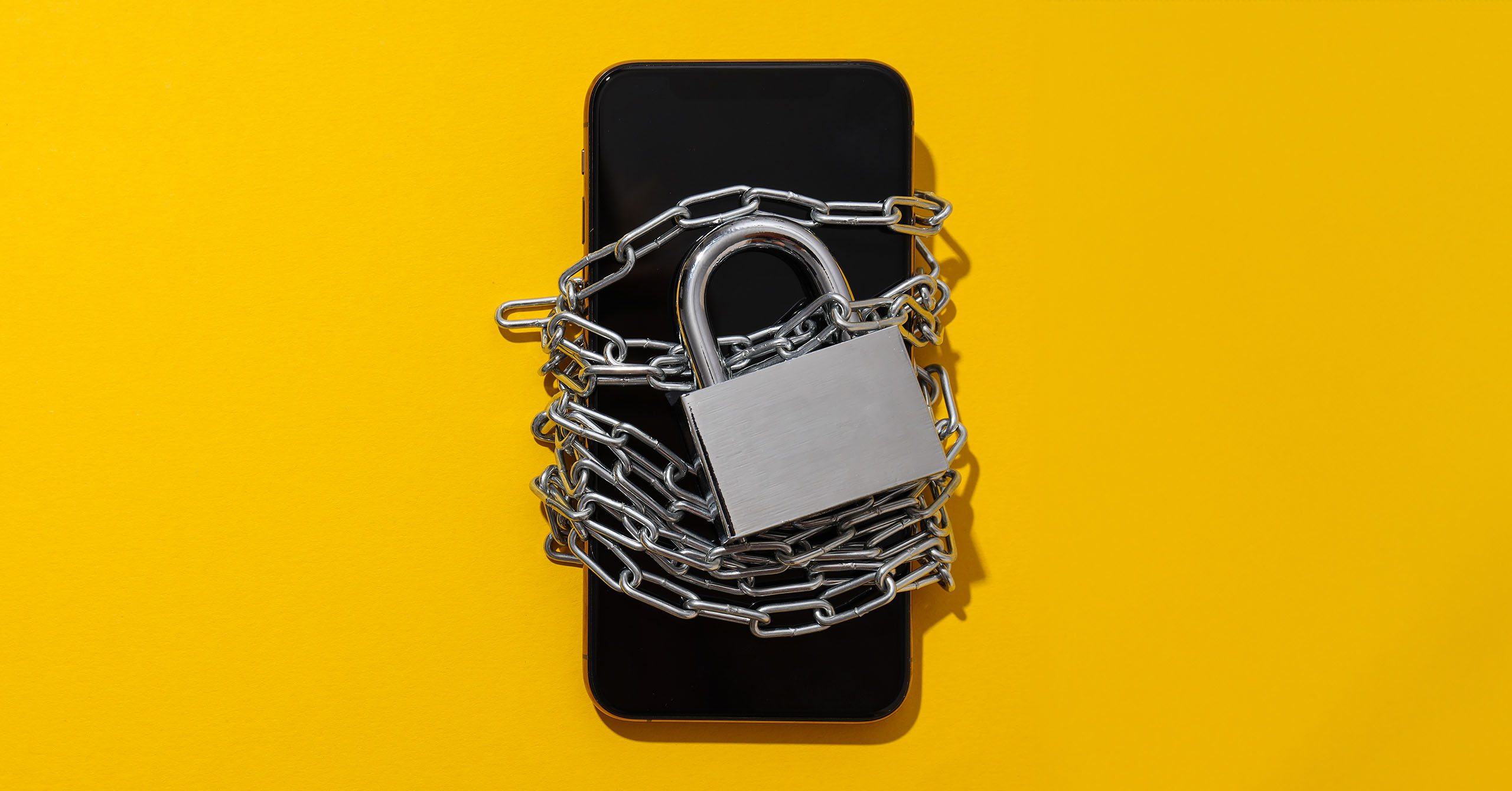[Ask TBM] How Can I Protect My Security When Using Mobile Apps?

According to a survey, 30% of Filipino users believe that developers of mobile apps don’t prioritize protection from fraud and cyber threats.
Filipino users have become more dependent on mobile apps in recent years. In fact, the 4th Annual Philippines Consumer Survey of Mobile App Security from mobile defense firm Appdome shows that 54.7% of Filipino consumers use mobile applications more than web.
In addition to this, 61.6% of Filipinos say they use mobile banking apps and e-wallets most often. This number is nearly double the rate at which global consumers use these kinds of apps.
Given the increasing usage of mobile apps, particularly when it comes to making payments, users have also become more aware of the risks that come with it. Particularly, users are very much aware of the growing security, fraud, and privacy threats that loom over their mobile app use.
It’s no surprise then that users are demanding that mobile brands and enterprises step up when it comes to providing protection from cyber threats and fraud. But how can this be accomplished?
The Business Manual asked Jan Sysmans, Appdome’s Mobile App Security Evangelist, for insights on how better protection for mobile app users can be achieved.
Filipino consumers fear that app developers don’t care about protecting their apps. How can this be addressed?
According to Appdome’s 2024 Consumer Expectations of Mobile App Security survey in Philippines, Filipino consumers are increasingly concerned about mobile app security, with 30% believing that developers do not prioritize protecting users from fraud and cyber threats—this is 25% higher than the global average.
This skepticism, coupled with the rise of sophisticated AI-driven attacks, makes it nearly impossible for users to detect potential threats. To address these concerns, mobile brands must take responsibility for protecting their customers, not just by implementing security features, but by actively educating them on the protections in place and how these measures can defend against cyber risks.
App developers should adopt comprehensive security protocols, including end-to-end encryption, two-factor authentication, and regular security audits, to protect user data. Leveraging technologies like artificial intelligence (AI) and machine learning (ML) can help detect and prevent emerging threats in real-time.
Transparency is key to building trust. Developers should clearly communicate their data security policies, explain how user data is protected, and regularly update users on security improvements. Engaging with users through educational campaigns on social media, blogs, and in-app messages about safe online behavior, security updates, and how to recognize threats also empowers consumers and fosters a sense of security.
By prioritizing these measures, developers can address user concerns and build a reputation for being trustworthy and reliable.
Filipino consumers want apps to be more proactive when it comes to fraud instead of just compensating them after the fact. How can this be achieved?
There’s a growing demand among consumers to be proactively protected from fraud, rather than relying on reimbursement after the fact. Appdome’s survey showed that 87.5% of Filipinos expect brands to take pre-emptive action against fraud. This means that brands should prioritize mobile app security by incorporating technologies that prevent threats before they occur.
To proactively combat fraud, apps should implement AI-powered threat detection that monitors for suspicious activities in real time.
Machine learning models can detect unusual patterns and alert users or block transactions before they complete, reducing fraud incidents. Furthermore, embedding biometric authentication, such as fingerprint or facial recognition, adds an extra layer of security against unauthorized access. Regular updates of threat databases also ensure that apps can adapt to emerging fraud techniques.
What safeguards can mobile apps, particularly e-wallets and payment apps, put in order to keep users secure?
To keep users secure, mobile apps—especially e-wallets and payment apps—must prioritize protecting personal identifiable information (PII). Filipino consumers view all types of private data, such as location data, user IDs, passwords, email addresses, purchase history, and transactions, as equally important.
According to the Appdome survey, 95.7% of consumers rated username and password protection as “very important,” followed closely by credit card information (94.5%) and account details (94.2%). This indicates a strong consensus among Filipinos that all components of mobile app security deserve robust protection.
To address these concerns, mobile apps should implement several key safeguards such as having strong account credential protection, malware prevention, data encryption, secure data storage, and protection for data in transit. Additionally, incorporating anti-tampering measures and ensuring that apps are updated with the latest security features are important.
With over 90% of consumers considering these protections crucial, it’s clear that users expect comprehensive security across the board. Brands must adopt a holistic approach to app security, ensuring that no area is overlooked and that every aspect of user data is well-protected.
What practical steps can users take in order to keep themselves secure when using mobile apps?
Filipinos are increasingly turning to mobile apps to interact with brands, with over half of the population expressing a strong preference for using mobile apps for their daily transactions. However, security concerns are as high as the demand wherein 42.4% fear mobile fraud, 67% of Filipinos said they fear hacking and 36% have encountered social engineering scams.
Users can enhance their security by adopting several practical measures. First, they should use strong, unique passwords for each app and enable multi-factor authentication wherever possible. The survey highlights that 62% of consumers reuse passwords across multiple apps, which increases the risk of security breaches.
Users should also be cautious about the permissions they grant to apps, allowing only necessary access to data. Regularly updating apps ensures that users benefit from the latest security patches. Additionally, users should avoid downloading apps from unverified sources and be mindful of phishing attempts, such as suspicious links or messages that prompt for personal information.
By following these practices, users can minimize the risks associated with mobile app usage.
Jan Sysmans is the Mobile App Security Evangelist of Appdome, an experienced leader in mobile defense.



